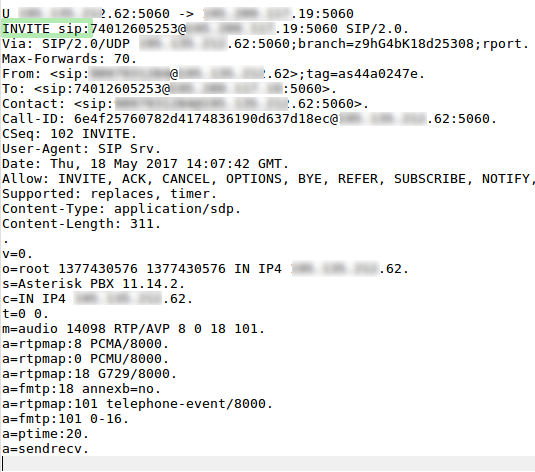Emulate your network interface bandwidth in both directions:
tc qdisc add dev venet0 handle 1: root htb default 11
tc class add dev venet0 parent 1: classid 1:1 htb rate 1kbps
tc class add dev venet0 parent 1:1 classid 1:11 htb rate 1kbps
Show rules:
tc -d qdisc
tc -s qdisc
Delete certain rule and all rules respectively:
tc class del dev venet0 parent 1:1 classid 1:11 htb rate 1kbps
tc qdisc del dev venet0 root
